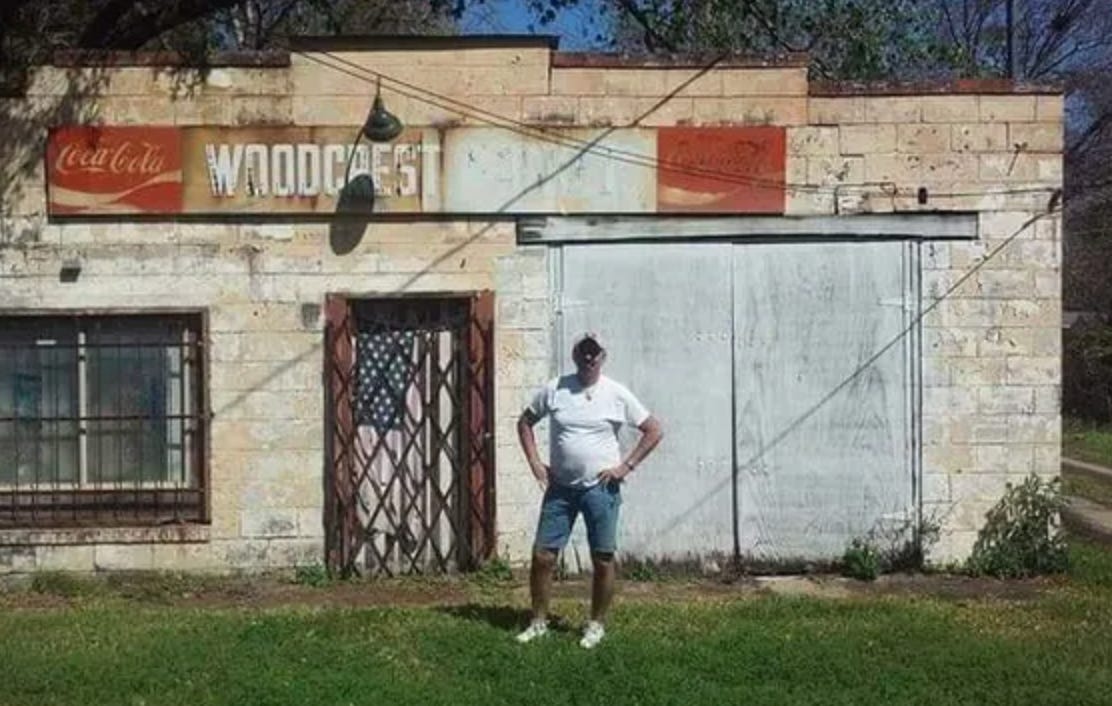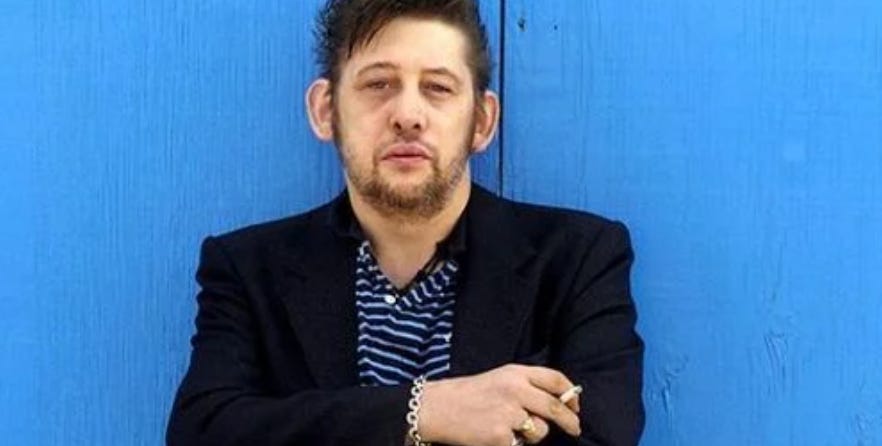THE SIGNAL from David Katznelson
"Once we believe in ourselves, we can risk curiosity, wonder, spontaneous delight, or any experience that reveals the human spirit."-E.E. Cummings
While I more often than not try and cover all forms of art and culture in this newsletter, there is a hell of a lot interesting music headlines popping up. So I will dedicate this Friday installment to music. And why not?
At the great music conference Midem in Cannes, France I found myself at the Mute Publishing annual dinner, sitting next to Irmin Schmidt, the co-founder of one of the greatest bands ever, Can. For those who the name Can does not resonate with, they were one of the leading progenitors of Krautrock, a musical movement out of Germany (“Kraut”) in the late 60s/early 70s that strived to create a sound that distanced itself from any real western influence (blues, folk, etc) and instead adopted a iconic style that featured “hypnotic rhythms…early synthesizers” and a hell of alot of groovy experimentation. Kraftwerk came out of the movement, as did lesser known but great bands like Faust, Neu!, Cluster, Harmonia, Guru Guru and more (I have put together a pretty mediocre, incomplete compilation on Spotify where the first half is songs from this era)
Back to my dinner with Irmin: I could not believe my luck to sit next to such a historic musical character…so I asked him: how did Can come about?
In 1966, Irmin Schmidt went to New York to participate in a classical music composing conference/invitational. He flew in to New York City, and right when he started walking around, bumped into John Cale who was on his way to an event where other musician friends were performing. I cannot remember where Cale actually took him….there is some thought it might be another New York musician Tony Conrad’s place…but regardless Schmidt was immediately exposed to the likes of Conrad, LaMonte Young, Steve Reich: the heartbeat of the American minimalist scene.
Schmidt was blown away at what he saw and the opportunities that opened up by blending the rock band format with this new explosion of experimental classical music. He blew off the conference/invitational, deeply took in the scene in New York and then went back to Germany to put together what became Can. Parts of this story are more well known now then they were when I heard it over a decade ago. But I was just stunned to hear that not only did Krautrock find influence from an American musical scene, but that John Cale played such an important roll (which is just so very cool).
New Orleans icon Frogman Henry living in moldy, Ida damaged home
This story is devastating. Frogman Henry should be a national treasure, not someone who is living in squalor. Still remember that scene in Diner where I first heard his biggest, best hit Ain’t Got No Home…and then seeing him perform it at a Ponderosa Stomp…the guy is totally larger than life, and certainly can speak like a frog. It does not say in the article how one might give to help the Frogman….I will look into it.
Jacksonville store that inspired Lynyrd Skynyrd song torn down
“The abandoned Woodcrest Grocery building, where Skynyrd's Ronnie Van Zant allegedly met "the finest picker to ever play the blues," was torn down last week. The store was immortalized in the lyrics of The Ballad of Curtis Loew, from the band's 1974 album "Second Helping." The song, written by Van Zant and Allen Collins, tells the story of a young boy who would collect bottles to raise money so an old man who hung out at the corner store would play his dobro. “
Blues Legend Muddy Waters’ Former Home Is Now A Chicago Landmark
So incredible to think that at one time Chuck Berry and Howlin’ Wolf used to practice on the second floor while Muddy was in the basement. Waoh.
Larry Cohn: The Collector, Written By Scott Barretta
I met Larry Cohn in Memphis for some Blues Foundation deal-io. It is incredible to think that he put out a box set of Robert Johnson’s recordings….and sold 500,000 of them. Barretta’s article is a wonderful telling of Cohn’s story…the story of a blues traveler.
Scientists name ancient eel-like creature after Black Sabbath guitarist Tony Iommi
“"It is my way of honoring one of the greatest guitarists in the world in one of the greatest bands of all time," said paleontologist Mats Eriksson.”
Ben Chasny :: The Intimate Landscape
I am a BIG fan of Chasny’s work…with Comets on Fire…his own band/moniker Six Organs of Admittance…I just love his signature guitar style. And this new record, The Intimate Landscape, will focus on pretty much just that, acoustic meditations that change the molecules in the room as they are heard. Such great stuff. If you like the song featured in this teaser, he posted another beauty to Spotify as well.
THE PSYCHEDELIC FURS DISCUSS THEIR LATEST ALBUM AND COVID-19
“Tim Butler of the Psychedelic Furs talks to PopMatters about the band’s first new album in nearly 30 years, COVID-19 delaying their tour, and a hopeful future.”
A Furious Devotion: The Authorized Biography of Shane MacGowan
During a week when Shane supposedly suffered a major setback to his recovery from breaking his pelvis, at least there is some good news with the release of his authorized biography…. SENDING HEALTHY VIBES TO YOU SHANE!
Imarhan announces new album ‘Aboogi’, share “Achinkad”
“Tinariwen cohorts Imarhan have announced their third album, Aboogi, which will be out January 28 via City Slang. It's the band's first record since building their own studio in their hometown of Tamanrasset in Southern Algeria, and it features contributions from Sudanese singer Sulafa Elyas and Super Furry Animals’ Gruff Rhys, Tinariwen’s Abdallah Ag Alhousseyni and poet Mohamed Ag Itlale (aka Japonais). "'Aboogi' reflects the colors of Tamanrasset, what we experience in everyday life,” says bandleader Iyad Moussa Ben Abderahmane, also known as Sadam. “We give space to the wind and the natural energies, to the sun and the sand. We want to express their colors through music.”
WHAT I UNDERSTOOD
By: Katha Pollitt
When I was a child I understood everything
about, for example, futility. Standing for hours
on the hot asphalt outfield, trudging for balls
I'd ask myself, how many times will I have to perform
this pointless task, and all the others? I knew
about snobbery, too, and cruelty—for children
are snobbish and cruel—and loneliness: in restaurants
the dignity and shame of solitary diners
disabled me, and when my grandmother
screamed at me, 'Someday you'll know what it's like!'
I knew she was right, the way I knew
about the single rooms my teachers went home to,
the pictures on the dresser, the hoard of chocolates,
and that there was no God, and that I would die.
All this I understood, no one needed to tell me.
the only thing I didn't understand
was how in a world whose predominant characteristics
are futility, cruelty, loneliness, disappointment
people are saved every day
by a sparrow, a foghorn, a grassblade, a tablecloth.
This year I'll be
thirty-nine, and I still don't understand it.












